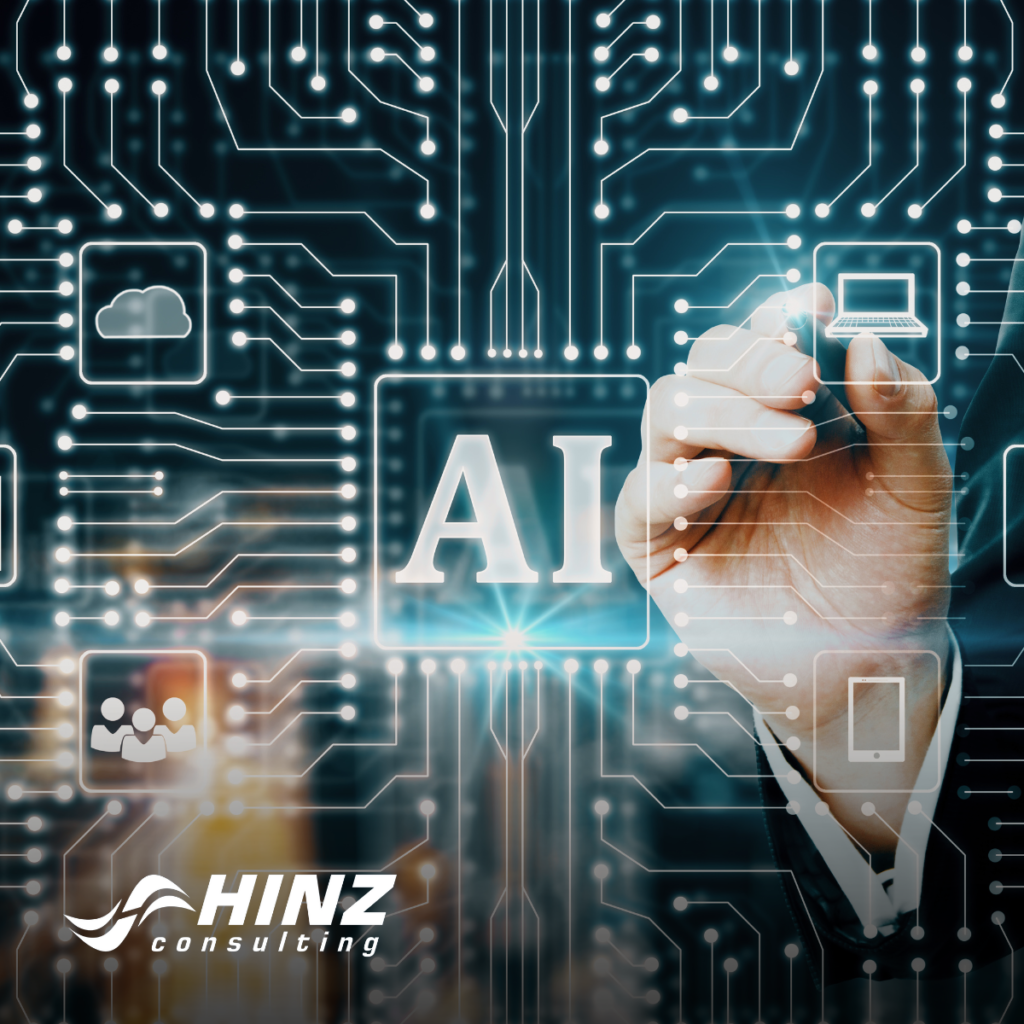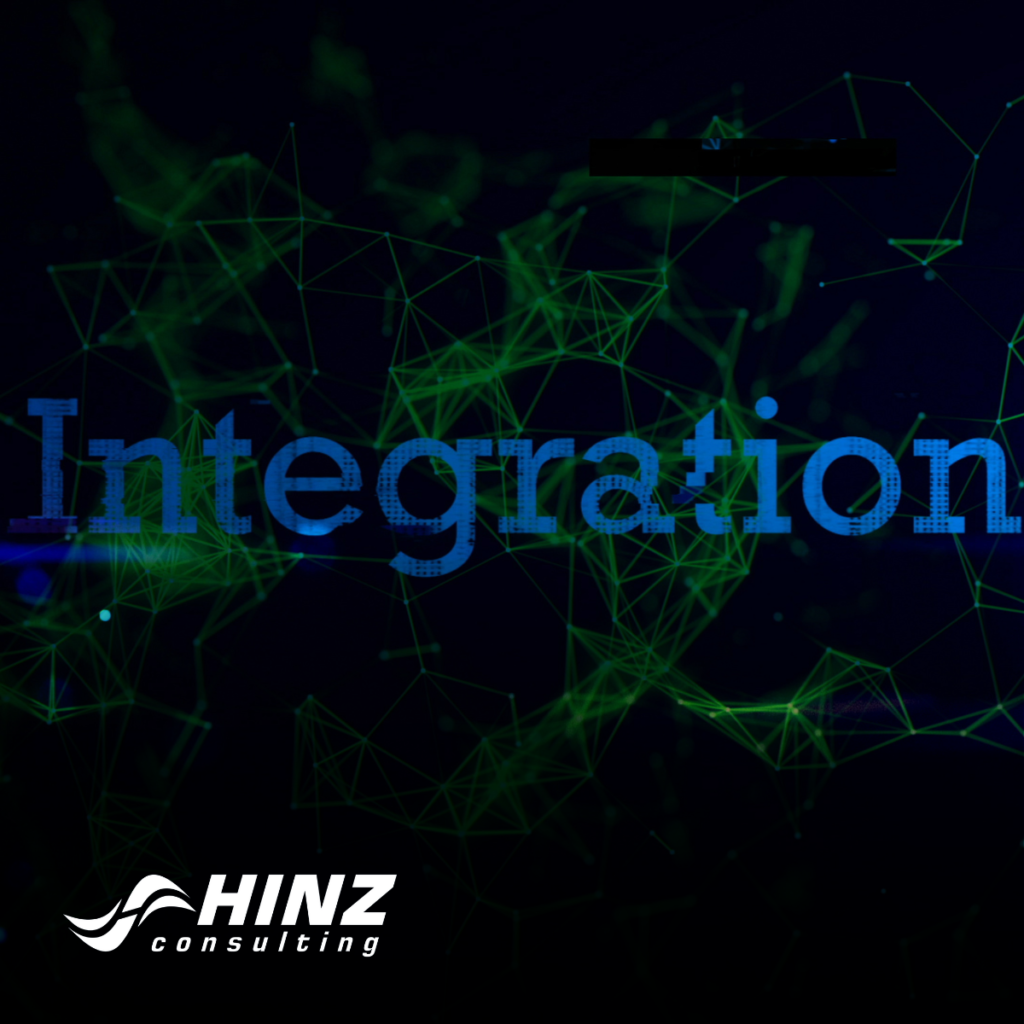How Can I Benefit from AI-Powered Proposals

In the realm of government contracting, where the stakes are high, and securing lucrative contracts can significantly impact high-revenue businesses, the integration of AI is transforming the proposal process. AI-powered proposals go beyond being just a trend; they represent a strategic approach that harnesses AI’s capabilities to enhance the proposal development process, offering numerous advantages […]
AI Empowers Proposal Managers: Revolutionizing Government Contracting

In the ever-evolving landscape of government contracting, where securing lucrative contracts can significantly impact the growth and revenue of high-revenue businesses, the integration of Artificial Intelligence (AI) has emerged as a game-changer in the proposal process. AI isn’t just a buzzword; it’s a strategic approach that harnesses the power of AI to enhance the proposal […]
Utilizing Generative AI For Pricing

Using generative AI to assist companies with their pricing strategies offers a transformative approach to optimizing revenue and profitability. This technology leverages advanced algorithms and machine learning models to generate pricing recommendations and insights based on vast datasets and market dynamics. Generative AI can analyze customer behavior, competitor pricing, demand trends, and various other factors, […]
Using AI to Write Proposals: A High-Revenue Business’s Advantage

Government contracting is a highly competitive arena where the ability to secure contracts can significantly impact a business’s growth and revenue. High-revenue businesses understand that proposal writing is a critical aspect of this process and are constantly seeking innovative strategies to gain a competitive edge. In recent years, the use of artificial intelligence (AI) to […]
Effective Integration of AI: Transforming Your Business

In today’s fast-paced and ever-evolving business landscape, the effective integration of Artificial Intelligence (AI) has become a strategic imperative In today’s fast-paced and ever-evolving business landscape, the effective integration of Artificial Intelligence (AI) has become a strategic imperative for companies across all sectors. AI holds the potential to revolutionize operations, drive efficiency, and enhance competitiveness. […]
A Guide to Choosing the Right Proposal AI Software

Selecting the most suitable Proposal AI software for your specific needs is a crucial decision that can significantly impact your organization’s efficiency and success in securing government contracts. In this guide, we’ll walk you through the selection process, ensuring you make an informed choice that aligns with your unique requirements. Why Proposal AI Software Matters […]
Leveraging AI in Government Contracting

In the ever-evolving realm of government contracting, where securing lucrative contracts is paramount for high-revenue businesses, the strategic integration of Artificial Intelligence (AI) has emerged as a game-changer. The question is no longer whether to adopt AI but how to effectively harness its capabilities. This article delves into the art of maximizing AI’s potential in […]
AI Integration for Proposals: Enhancing Your Government Contracting Success

In the ever-competitive world of government contracting, securing lucrative contracts is pivotal for high-revenue businesses. The proposal development process, however, can be complex and time-consuming. Leveraging the power of Artificial Intelligence (AI) in proposal development has emerged as a transformative force, offering numerous benefits for organizations and professionals involved in this industry. The Role of […]
How Do I Integrate AI into My Proposal Process?

In the dynamic world of government contracting, where winning contracts can significantly impact the growth and revenue of high-revenue businesses, integrating Artificial Intelligence (AI) into your proposal process is becoming increasingly crucial. But how can you seamlessly weave AI into your proposal workflow, and what benefits does it offer? In this article, we’ll explore the […]
Unveiling the Benefits of Large Language Models

In today’s fast-paced and technology-driven world, Large Language Models (LLMs) have emerged as powerful tools with the potential to revolutionize the way professionals work. This article delves into the various advantages of LLMs and how individuals across diverse industries can leverage them to excel in their respective fields. The LLM Advantage Large Language Models, or […]
